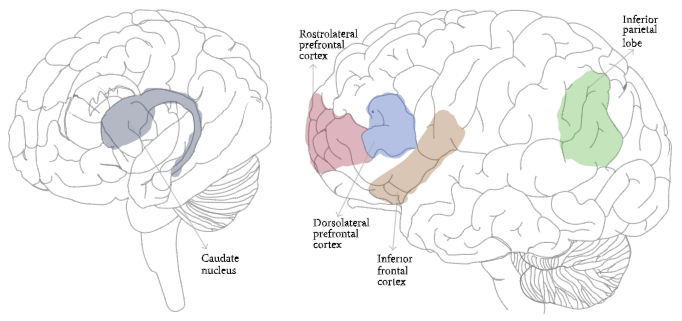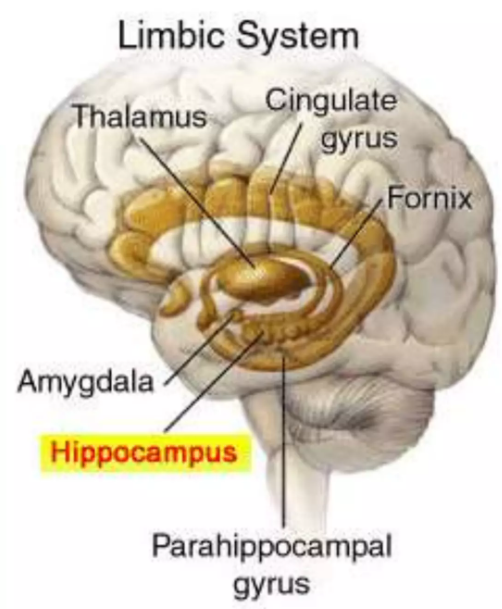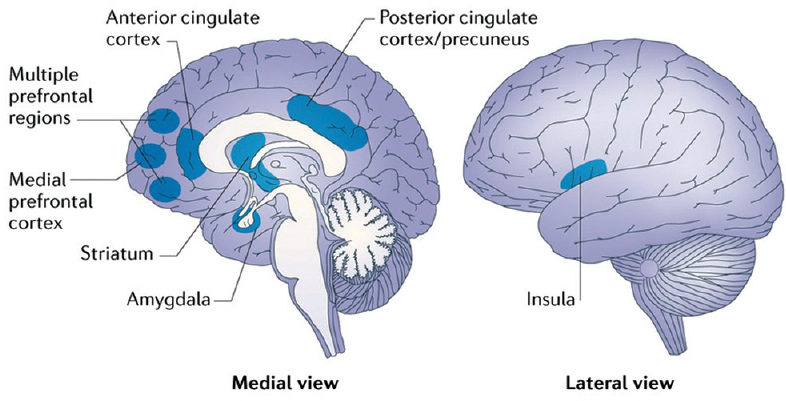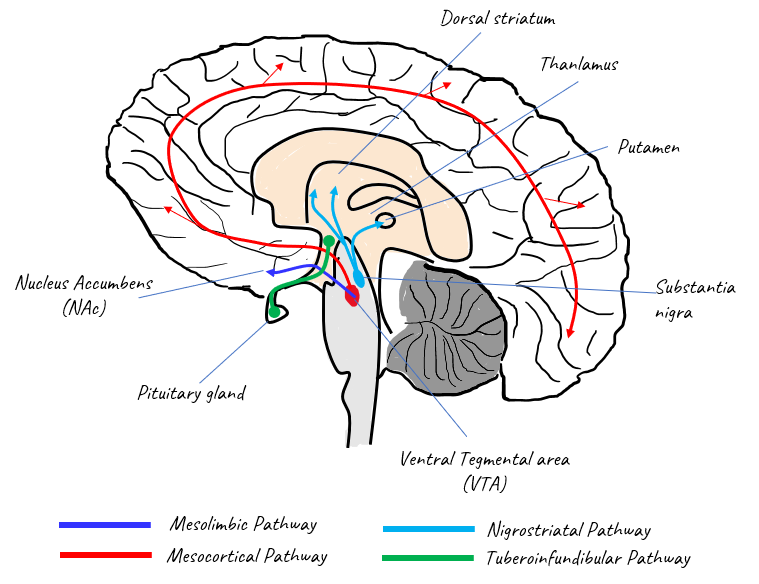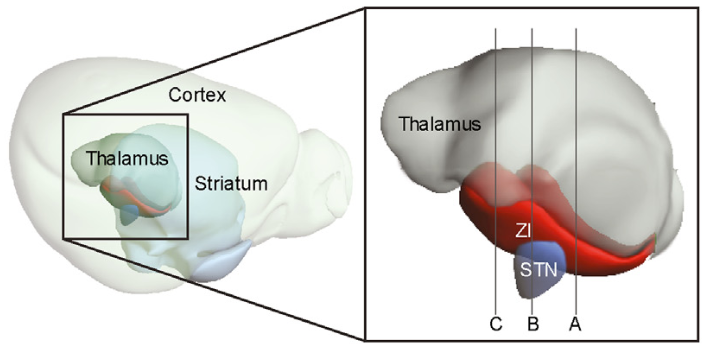|
|
||
|
Every human (at least almost every human) has curiosity by nature. And you would know what is curiosity. Even though it is not easy for you to explain in words on what is exactly curiosity. There would be some thing (at least some emotion) you feel in your mind when you become curious about anything. That's curiosity. However, in this note I need to explain in words what is curiosity. Let me first borrow the definition of curiosity from a few other sources as follows. They define the word Curiosity as follows.
Now you may see some pattern from the definitions listed above. The pattern that I have noticed is
So my personal definition of Curiosity is 'Curiosity is an emotional response to something new(novel)'. In my mind, I think 'Curiosity' is something more of emotional. In other words, something occuring inside of our mind even though it is not easy to clearly express in words. Following quote from The Science of Curiosity well matches my personal understanding / definition of 'Curiosity'. Perhaps it was a bolt of lightning that piqued the early humans curiosity; perhaps it was a raging wildfire. But once upon a time, an early human channeled inspiration into pure ingenuity and figured out how to start a fire. The control of fire supplemented humankinds first invention, the stone tool. Next came boats, and then spears; then language, glue, clothing, and even the flute.
Each of these incredible inventions came to fruition in the mind of early humans many tens of thousands of years ago. Some sort of special spark drove humans to explore, discover, and later, to invent. That special spark lives within each of us, too. It makes us eager to learn things and to solve problems. Whenever youre listening to music, reading a book, or watching TV, its there, helping your imagination soar. This special spark is curiosity, the desire to seek out new knowledge and learn how things work.
Followings are the list of the details that I want to look into about curiosity.
Curiosity in terms of neuroscience / psychologyFrom The psychology and neuroscience of curiosity
From The Psychology of Curiosity : A Review and Reinterpretation
Brain Regions related to CuriosityI was wondering if there are any definite regions in the brain that are associated with curiosity. There have been many researches showing a specific regions associated with curiosity, but that specific region seems to varies depending on the method to induce the curiosity for the subjects. I don't see any specific single region associated all of curious moments we may experience. Caudate nucleus and inferior frontal gyrus (IFG)Human subjects read trivia questions and rated their feelings of curiosity while undergoing fMRI. Brain activity in the caudate nucleus and inferior frontal gyrus (IFG) was associated with self-reported curiosity. These structures are activated by anticipation of many types of rewards, so these results suggest that curiosity elicits an anticipation of a reward state. Puzzlingly, the nucleus accumbens, which is one of the most reliably activated structures for reward anticipation, was not activated. When the answer was revealed, activations generally were found in structures associated with learning and memory, such as parahippocampal gyrus and hippocampus. Again this is a bit puzzling, because classic structures that respond to receipt of reward were not particularly activated. In any case, the learning effect was particularly strong on trials on which subjects guesses were incorrectthe trials on which learning was greatest. - The psychology and neuroscience of curiosity -
Image Source : Neurolinguistics: Structure, Function, and Connectivity in the Bilingual Brain
Image Source : Limbic System / Slideshare Anterior cingulate cortex and Anterior insulaA human subject was presented with blurry photos with ambiguous contents that piqued their curiosity; curiosity activated the anterior cingulate cortex and anterior insula - regions sensitive to aversive conditions (but to many other things too); resolution of curiosity activated striatal reward circuits. they also found that resolution of curiosity activated learning structures and also drove learning. In this study, it is shown that the curiosity is a fundamentally aversive state (not pleasant). Specifically, curiosity is seen as a lack of something wanted (information) and thus unpleasant, and this unpleasantness motivates information, which will alleviate it. - The psychology and neuroscience of curiosity -
Image Source : Nature Reviews / Neuroscience Neucleus AccumbensHuman subjects were shown interleaved photographs of neutral, unknown faces which acted as a probe for learning. When tested later, subjects recalled the faces shown in high curiosity trials better than faces shown on low curiosity trials. Thus, the curiosity state led to better learning, even for the things people werent curious about. Curiosity drove activity in both midbrain (implying the dopaminergic regions) and nucleus accumbens; memory was correlated with midbrain and hippocampal activity. These results suggest that, although curiosity reflects intrinsic motivation, it is mediated by the same mechanisms as extrinsically motivated rewards. - The psychology and neuroscience of curiosity -
Zona IncertaBy increasing brain activity in a specific brain region (of mouse), the Zona Incerta, interaction with conspecifics and novel objects compared to familiar objects and food increased. When we inactivated the cells in this region, depth and duration of investigation decreased. Moreover, the researchers found that specific neurons were more active during deep investigation compared to during shallow investigation. - Brain Mechanism of Curiosity Unraveled -
Image Source : The zona incerta in control of novelty seeking and investigation across species Any Evolutionary Advantage of being Curious ?Being curious has helped humans in many ways throughout human evolution. Assuming that curiosity is also a result of evolution that has been selected by nature due to its own advantage, we may ask what would be the advantage of being curious for survival. Here are some reasons why curiosity is good from an evolution point of view:
Cost and Benefits of being curious ?Our brain uses energy when we're curious and explore new things. It needs to use resources like attention and energy for different tasks. When we learn something new, our brain uses energy to understand and remember it. Sometimes, we need to choose between using energy to explore new things (curiosity) and the possible benefits of doing so. Our brain has to balance using energy for curiosity and other important tasks, like keeping our knowledge, making decisions, and solving problems. In other words, our brain has to balance using energy for curiosity and the possible benefits. Things like cognitive load, efficiency, expecting rewards, and age can affect this balance. To stay curious, we need to be aware of these things and find ways to use our brain's energy well. Here are some things that can affect this balance:
Why we lose curiosity as we age ?First of all, some of you may not agree with this question itslef and would say "Why we lose curiosity as we age ? Do you really think we lose curiosity ? I see many people who shows never-diminishing curiosity even when they are in very late phase in life. In a certain aspect, I even think their curiosity gets even stronger rather than weakened" Personally I really like to agree with this argument since I am also getting into the late stage of my life, but I don't think I can despute about the general tendencies for weakend curiosity with age. Now let's think of why we (most people like me) shows general tendencies like this. There can be several factors as below.
When people get older, the balance between the energy used for curiosity and the benefits from it might change. This could make it seem like we gain less from being curious as we age. But this experience is different for everyone, and some people still find many benefits from being curious as they get older. Reference
YouTube
|
||
